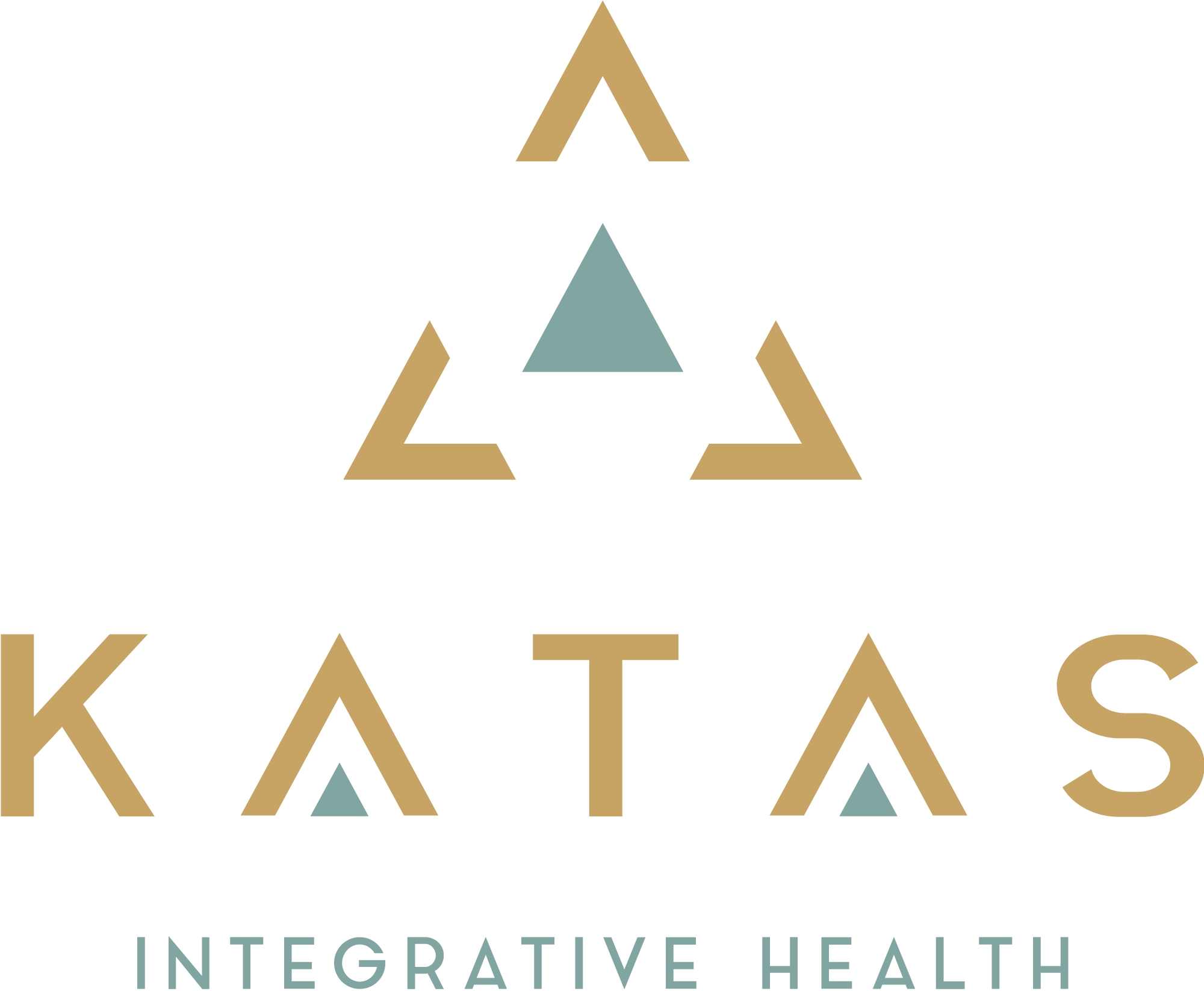We are going to discuss how probiotics help keep your body healthy and functioning well.
Our bodies contain trillions of microorganisms; some scientists estimate that bacteria cells outnumber human cells by 10 to 1! Bacteria help break down food, destroy disease-causing microorganisms, and produce vitamins. Many of these microorganisms help our bodies function correctly. The microorganisms in probiotic supplements are like microorganisms that naturally exist in our bodies. You will see them as supplements in pill form topically in skin creams and exist naturally in foods. Probiotics contain various microorganisms, but the most common ones belong to groups called Lactobacillus and Bifidobacterium.
How Probiotics Work
Probiotics have a variety of effects on the body, and here are just a few.
- They maintain a more desirable and balanced community of microorganisms.
- Stabilize the digestive tract’s barriers against undesirable microorganisms.
- Out compete for the undesirable microorganisms.
For a healthy individual, probiotics have a good safety record but if you have an underlying medical problem, have recently had surgery, or have a weakened immune system, you should check with your health practitioner before beginning a probiotic regimen.

Photo by Polina Tankilevitch-3873209
How Probiotics Can Help
Immune System: Because probiotics can inhibit harmful bacteria’s growth, they may also help give your immune system a boost. An extensive review found that taking probiotics reduces the likelihood and duration of respiratory infections.
Weight Loss: Taking probiotics might help with weight loss through several different mechanisms. They prevent the absorption of dietary fat in the intestine, excreting it through feces rather than stored in the body. You can feel fuller longer, resulting in more calories burned and less fat stored. In one study, dieting women who took Lactobacillus rhamnoses for three months lost 50% more weight than women who did not take a probiotic.
Diarrhea: Probiotics reduced the risk of travelers’ diarrhea by 8% and lowered the risk of diarrhea from other causes by 26% in adults.
Mental Health: An increasing number of studies link gut health to mood and mental health. Studies in humans and animals have shown that probiotic supplements can improve mental health disorders such as anxiety, depression, autism, obsessive-compulsive disorder, and more.
Allergies: Some research has found that certain probiotic strains may reduce eczema’s severity in children and infants.
One study found that the children of women who took probiotics during pregnancy had an 83% lower risk of developing eczema in the first two years of life.
Probiotics and Prebiotics
The most straightforward way to describe prebiotics is as fiber. However, a more accurate description is that they are a non-digestive fiber meaning the Gut doesn’t break it down. Instead, it passes to the colon, where fermentation takes place to feed the gut microflora. In other words, prebiotics is a food source for beneficial bacteria that probiotics bring to the table and can help them survive and thrive in the gut microbiome.
Ways to Get Probiotics
Drink your Probiotics: Kombucha is a popular drink made from black or green tea fermented by a friendly colony of bacteria and yeast. You can find Kombucha in most grocery stores.

Photo by Elevate1267356
Eat your Probiotics:
- Yogurt is one of the best forms of probiotics. Making yogurt consists of fermenting milk with friendly bacteria. When choosing a yogurt, look for those long Greek names of live cultures listed as ingredients. Also, make sure to choose a yogurt that is low in sugar.
- Kefir is a fermented probiotic drink that contains both friendly bacteria and yeast. If you’re lactose intolerant, you can probably still handle Kefir.
- Sauerkraut and Kimchi are both fermented cabbage that have been eaten for centuries worldwide, and for a good reason – both sauerkraut and kimchi can bring tons of health benefits! Sauerkraut, a European staple, is a probiotic-rich in fiber and vitamins C, B, and K. Additionally, it contains iron, manganese, and antioxidants. Kimchi is a spicy Korean side dish made with a mix of seasonings such as red chili pepper flakes, garlic, ginger, scallion, and salt.
- Tempeh is a fermented soybean product formed into a patty and is used worldwide as a high-protein meat supplement. Through the fermentation process, soybeans are broken down to lower the amount of phytic acid to provide the body with probiotics and B12.
- Miso: contains probiotics, protein, and fiber as well as vitamins, minerals, and plant compounds such as vitamin K, manganese, and copper.
You are unique, and so is your Gut
Everyone’s gut microbiome is unique, which means that some of the effects probiotics have on one person may not present the same way in another. Based on the balance of bacteria in your Gut, you might react differently to foods like kimchi and Kombucha. You may not feel results after your first bottle of probiotics. Keep in mind that your journey to better health and a more balanced gut is personal to you.
Choosing a Probiotic
An important tip is to take your probiotics first thing in the morning when your stomach acid levels are lower! When you decide to choose a probiotic, picking the right one can make a world of difference.
Keep these in mind as you’re contemplating buying a Probiotic. Always choose a probiotic with at least 10 billion live organisms per dosage. The probiotic should ensure that you’ll continue to receive this number throughout the product’s shelf life. Look for probiotics with a wide array of different bacteria. The most excellent products can contain up to 14 different strains.
For questions or recommendations on Probiotics, contact our office or schedule an appointment.
Interesting Resources on Probiotics
- https://www.gardenoflife.com/content/top-tips-taking-probiotics/https://www.health.harvard.edu/staying-healthy/can-gut-bacteria-improve-your-healthhttps://www.healthline.com/nutrition/what-to-eat-
- https://www.health.harvard.edu/staying-healthy/can-gut-bacteria-improve-your-health
- https://www.healthline.com/nutrition/what-to-eat-antibiotics#section1
- https://www.mindbodygreen.com/0-28395/a-clinical-microbiologist-explains-how-to-get-your-probiotic-to-actually-work.html
- https://www.healthline.com/nutrition/8-health-benefits-of-probiotics#section9


